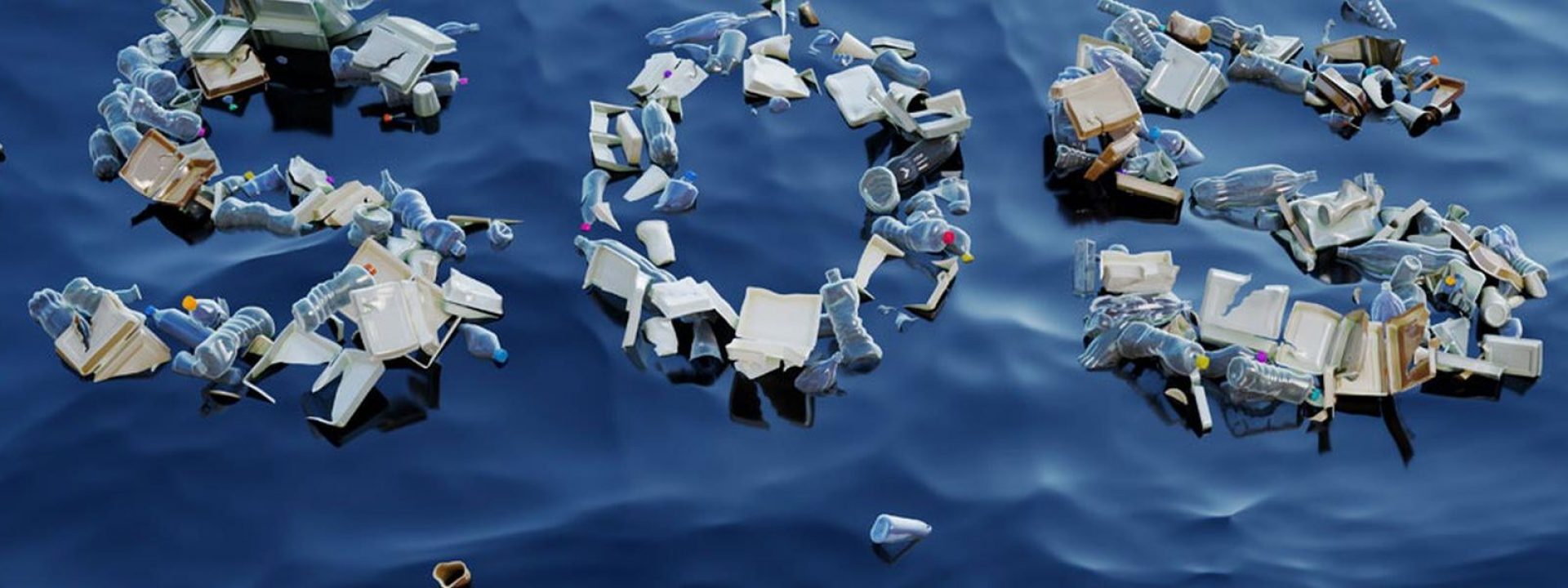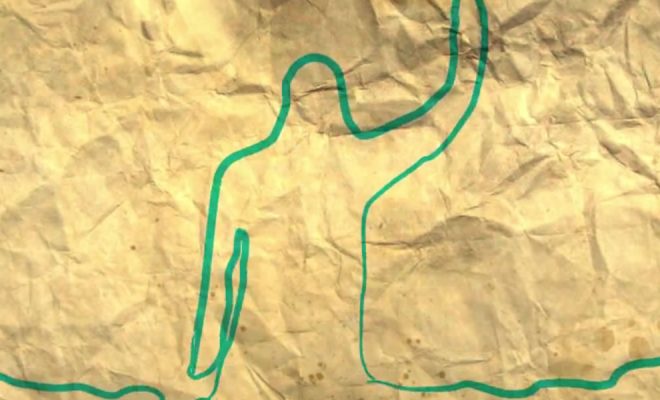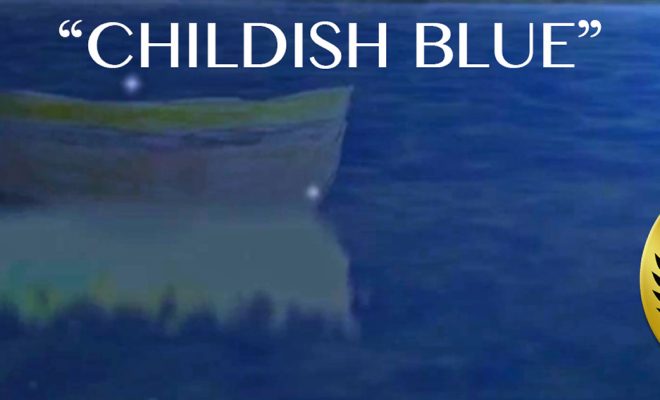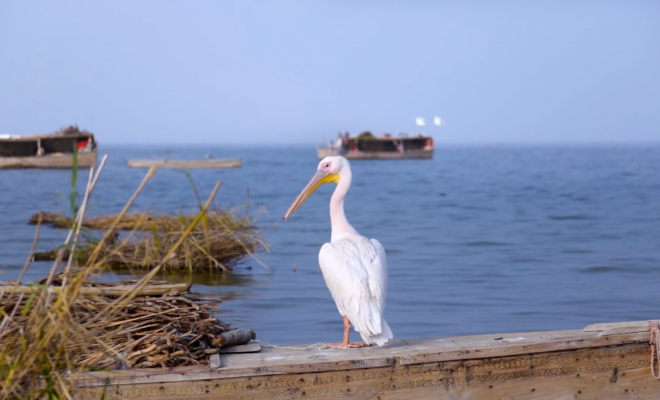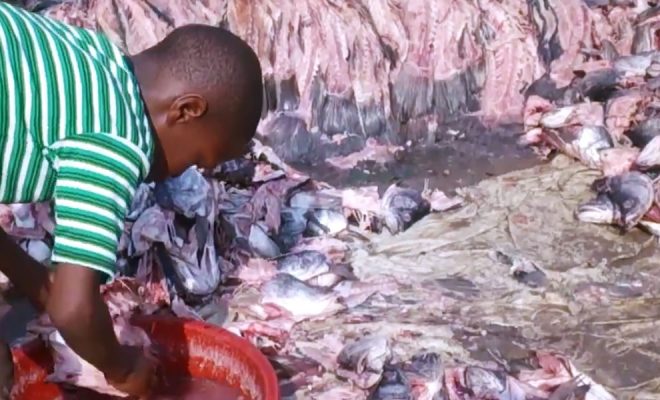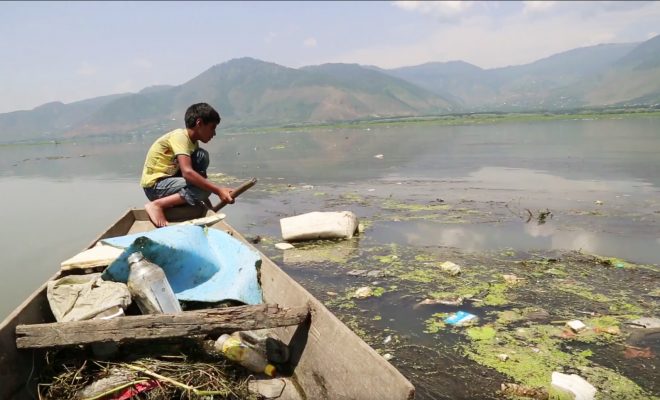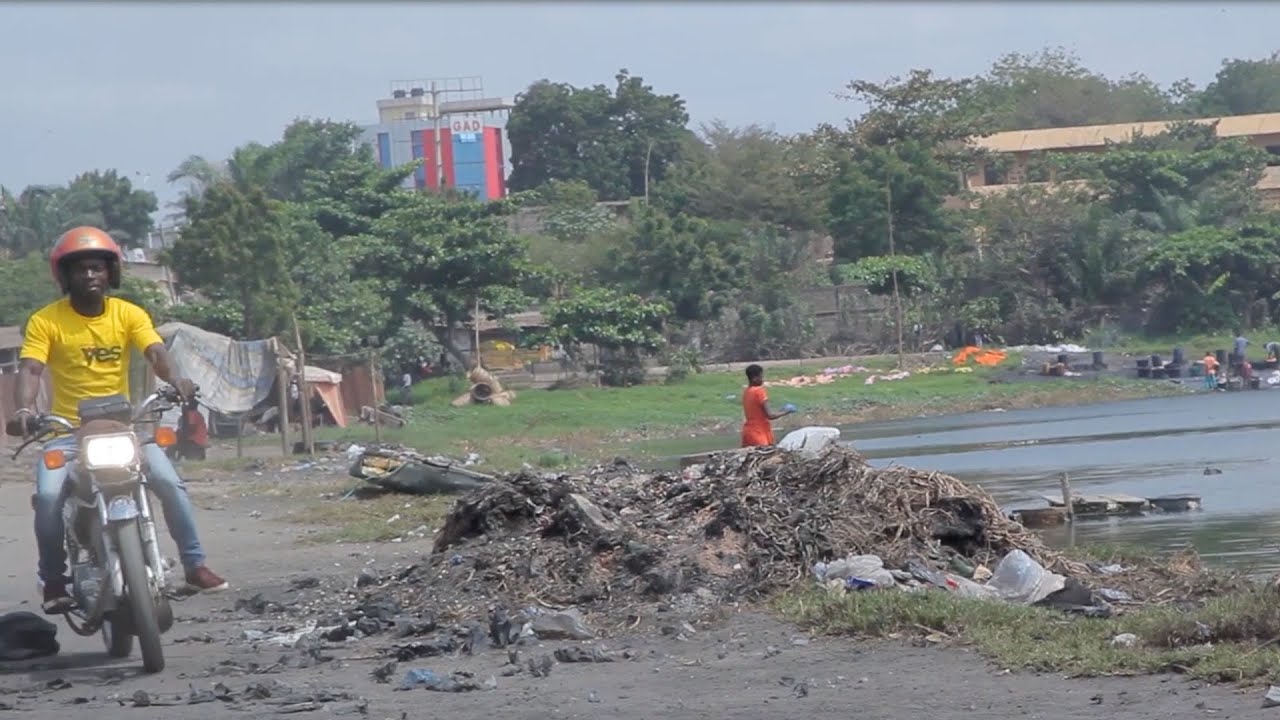
Despite a reduction in the poverty rate from 61.7% in 2006 to 53.5% in 2017, Togo is still one of the poorest countries in the world. According to the World Bank, poverty is particularly excruciating in rural areas, where 69% of the households lived below the poverty line of two dollars per day in 2015.
In the south of the country, only separated from the sea by a narrow coastal strip, Lake Togo is a 64-square-kilometer body of water. During the second half of the 20th century, the lake was a tourist destination, an industry that coexisted in balance with artisanal fishing and agriculture. After the independence from France, the lake maintained a source of income from tourism that provided a livelihood for the fishermen. The quality of the fishery, with freshwater and marine varieties, was a source of sustainable wealth.
But the quality of the lake’s water started to deteriorate in the 1990s. The demographic growth of the lakeside towns and villages and political instability allowed discharges into the lake to increase uncontrollably. Lake Togo ended up suffering the consequences of urban sprawl and the endemic lack of sanitation in the country. According to the World Bank, only 16% of the population has access to basic sanitation and 47% still practiced open defecation in 2017.
Abandoned lakes, lives cut short
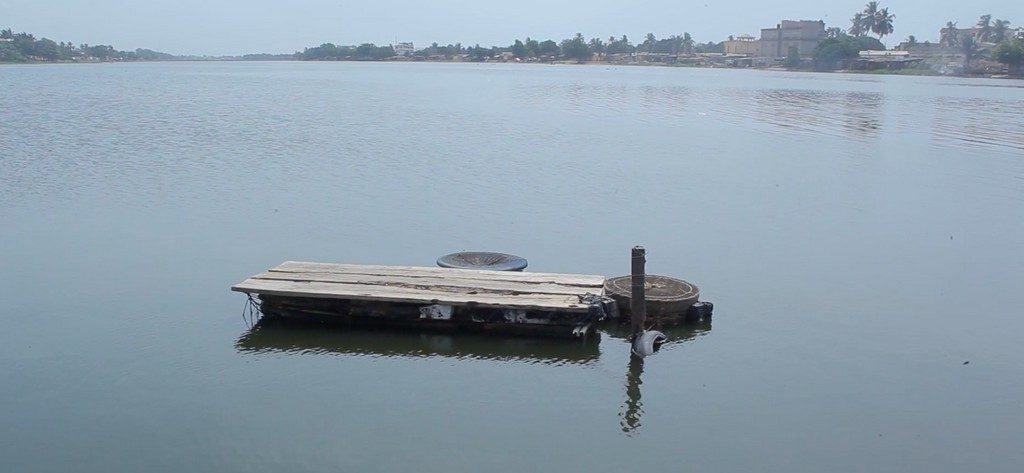
Once a tourist attraction, Lake Togo languishes surrounded by sewage outfalls and tons of waste.
Abandoned lakes, lives cut short
Lake Togo became another unfortunate example of how the lack of sanitation holds back any development possibility. In the short film by Awussikpo Elom Komlan, finalist at the fifth edition of the We Art Water Film Festival, the protagonist Fanou-Ahe Thomas, explains the dramatic situation experienced by the lake’s fishermen: “Before, the water was so clean that we were able to drink it directly. We had plenty of fish and we were able to live off it. But now garbage and waste have invaded the lake. Fishing is difficult and despite pollution, children bathe in its waters, which causes all kinds of diseases. All banks are polluted and during the rainy season water floods our homes,” the Togolese fisherman explains.
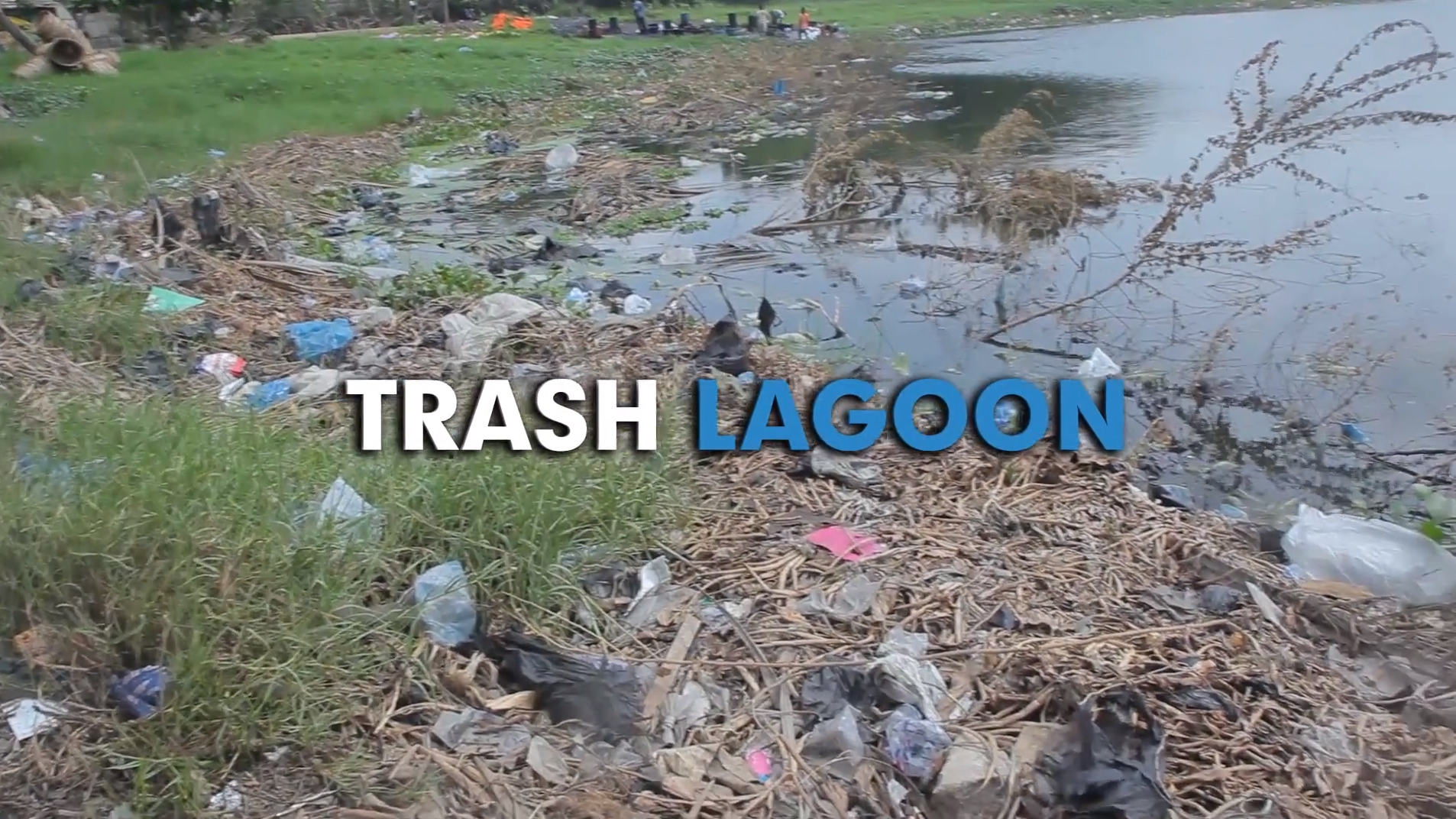
Trash Lagoon, by Awussikpo Elom Komlan, finalist at the fifth edition of the We Art Water Film Festival.
Fanou-Ahe’s story portrays a situation that is unfortunately experienced in most lakes all around the world. We have described it in Lake Poopó in Bolivia, Lake Titicaca in Peru and Bolivia, Lake Urmia in Iran, Lake Manchar in Pakistan, Lake Wular in India and in the largest lake in Africa, Lake Victoria; all of them have reached levels of pollution that in some cases make their recovery very difficult.
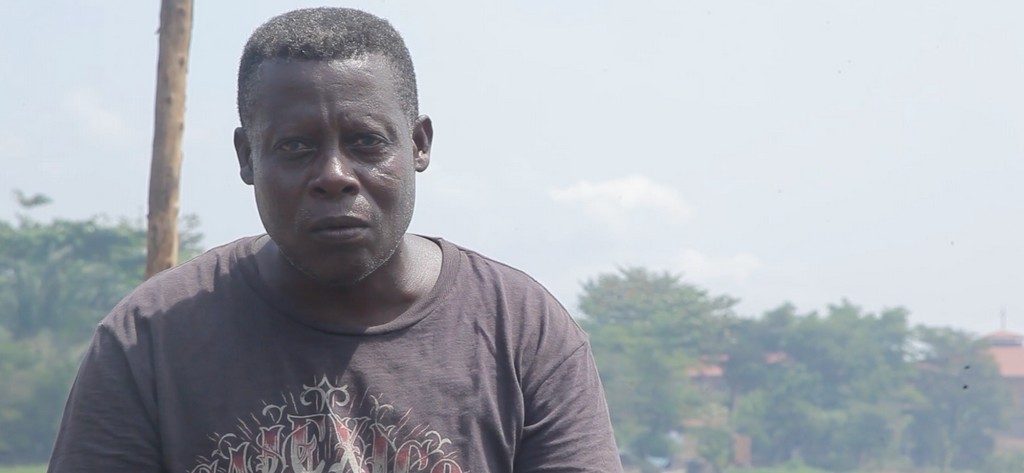
In the short film by Awussikpo Elom Komlan,the protagonist Fanou-Ahe Thomas, explains the dramatic situation experienced by the lake’s fishermen.
Lakes, lagoons and even seas, like the Aral Sea, are extremely sensitive to pollution and to the alteration of the flows of the rivers that feed them. For that same reason they are very difficult to recover. In Spain, the destruction of the Mar Menor is a prime example of everything that should not be done to protect a vulnerable body of water.
Not only do we lose water and impoverish life, we lose collective memory and culture and provoke the need to migrate. In Togo, like in most sub-Saharan countries, the lack of prospects forces young people to migrate. The young people of Lake Togo migrate to Lomé, the capital, where economic stagnation since the 1990s, along with the continuous and unstoppable demographic growth, condemns them to the slums. Thus, the lives of many only make sense in European countries.
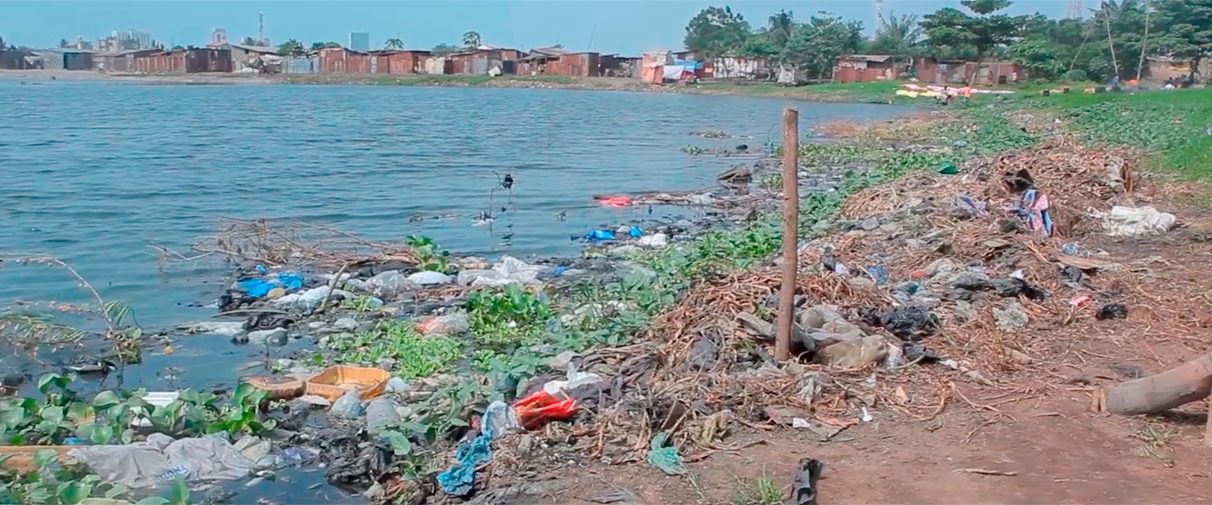
Lake Togo ended up suffering the consequences of urban sprawl and the endemic lack of sanitation in the country.


